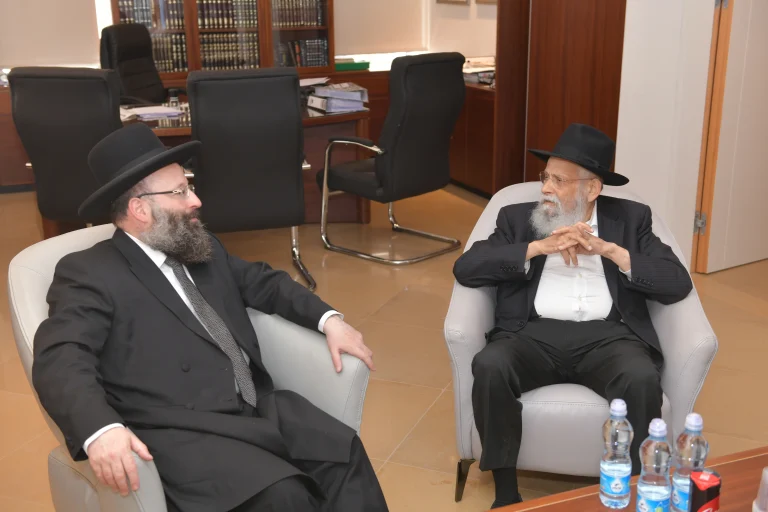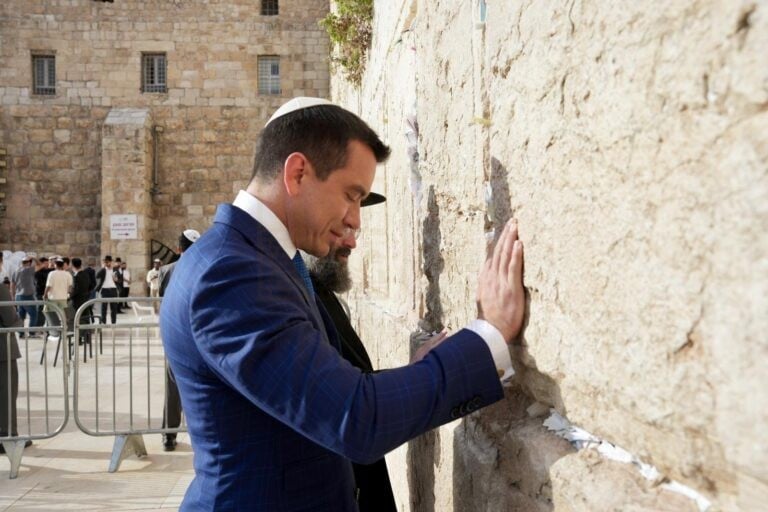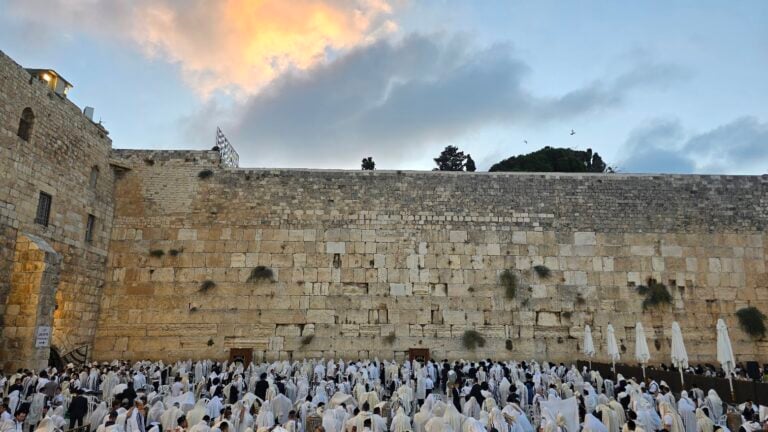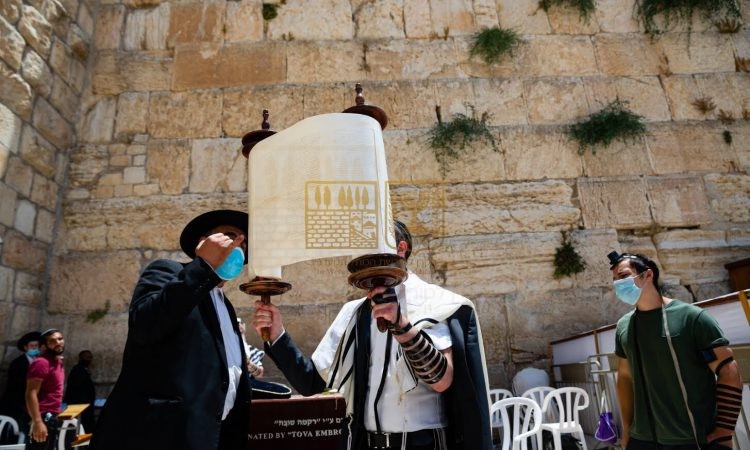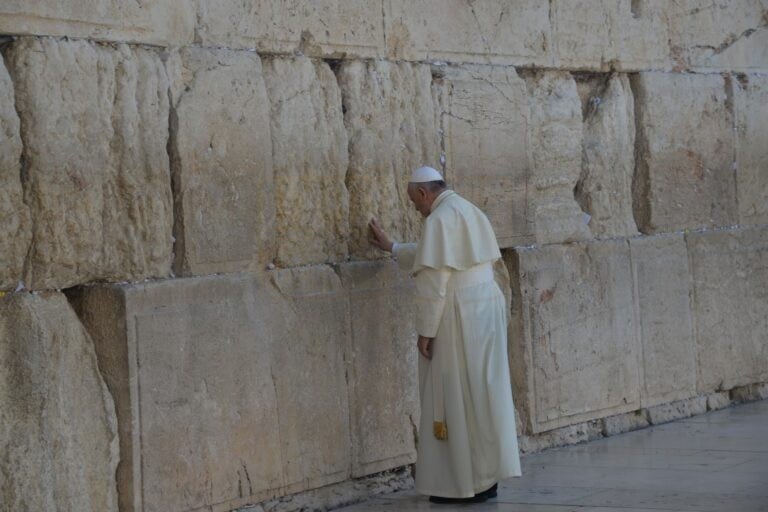Bs”d Tzav 5782
How Is a Continuous Flame Preserved?
Rabbi Shmuel Rabinowitz, Rabbi of the Western Wall and Holy Sites
Parashat Tzav begins with the commandment to sacrifice the Korban Tamid. This was a sacrifice offered in the Mishkan (Tabernacle) and later in the Temple on a daily basis, morning and evening.
After a description of the kohen’s (priest’s) job in the process of this sacrifice, the Torah describes an additional job of the kohen’s – preserving the continuous flame.
A continuous fire shall burn upon the altar; it shall not go out.
(Vayikra 6,6)
The flame burning on the altar was continuous, without stop. Every morning, the kohen would place wood upon the altar and the fire would burn all through the day and night. The priests were obligated to keep that fire burning continuously.
This “continuous fire” was the result of a combination of human and heavenly acts, as it says in the Talmud:
“And the sons of Aaron the priest shall put fire upon the altar,” indicating that even though fire descends from the heavens, there is still a mitzvah to bring fire by a person.
(Yoma 21, 72)
What is the secret of this “continuous fire” that burned on the altar?
The combination of the words “fire” and “continuous” are not trivial. The word “fire” connotes movement, outburst, lack of control, and extermination. However, the word “continuous” connotes permanence, stability, steadfastness.
The secret of the continuous flame lies in both these polar opposites: the transient human attempt and the eternal Divine influence.
In order to insert eternal holiness into the momentary burst of flame we must consistently work at the never-ending job of preserving the flame. We cannot be satisfied with the burst of emotion of a Divine revelation, but we must maintain that feeling with never-ending action so that the Divine influence is stable.
According to kabbalah, the altar hints at the heart of man, and just as the altar is the place where the fire burns, so in man – the heart is the place where the fire of emotion and desire burn. In this sense, we can see the spiritual significance of the command in this parasha that man must make sure that the fire of his inner feelings and desires always burns in his heart and is never extinguished. This is done by small and ongoing actions that awaken emotion and desire.
This is the concept behind commandments we fulfill daily and repetitively. A daily, permanent act makes the influence of Divine holiness eternal. As we say – G-d is in the details.
The application of this concept also appears in the Talmud as good advice for a good marriage:
Rabbi Akiva taught: If a man (ish) and a woman (isha) merit, the Divine Presence rests between them. If they do not merit, fire (esh) consumes them.
(Sota 17, 15)
In Hebrew, the words for man and women are composed of the letters for fire and G-d. The letters of fire (esh) are common to the words for man and woman. A marital relationship can sometimes seem like an outburst of flame. The mutual attraction, feelings of love, burst out in force initially.
But if we don’t learn to add a godly dimension by adding small, constant acts that symbolize the eternal presence of G-d, that same fire can become consuming, exterminating. But if a man and woman learn to preserve the flame of love between them through small and permanent acts, the Divine Presence rests between them. The fire becomes a continuous flame.
